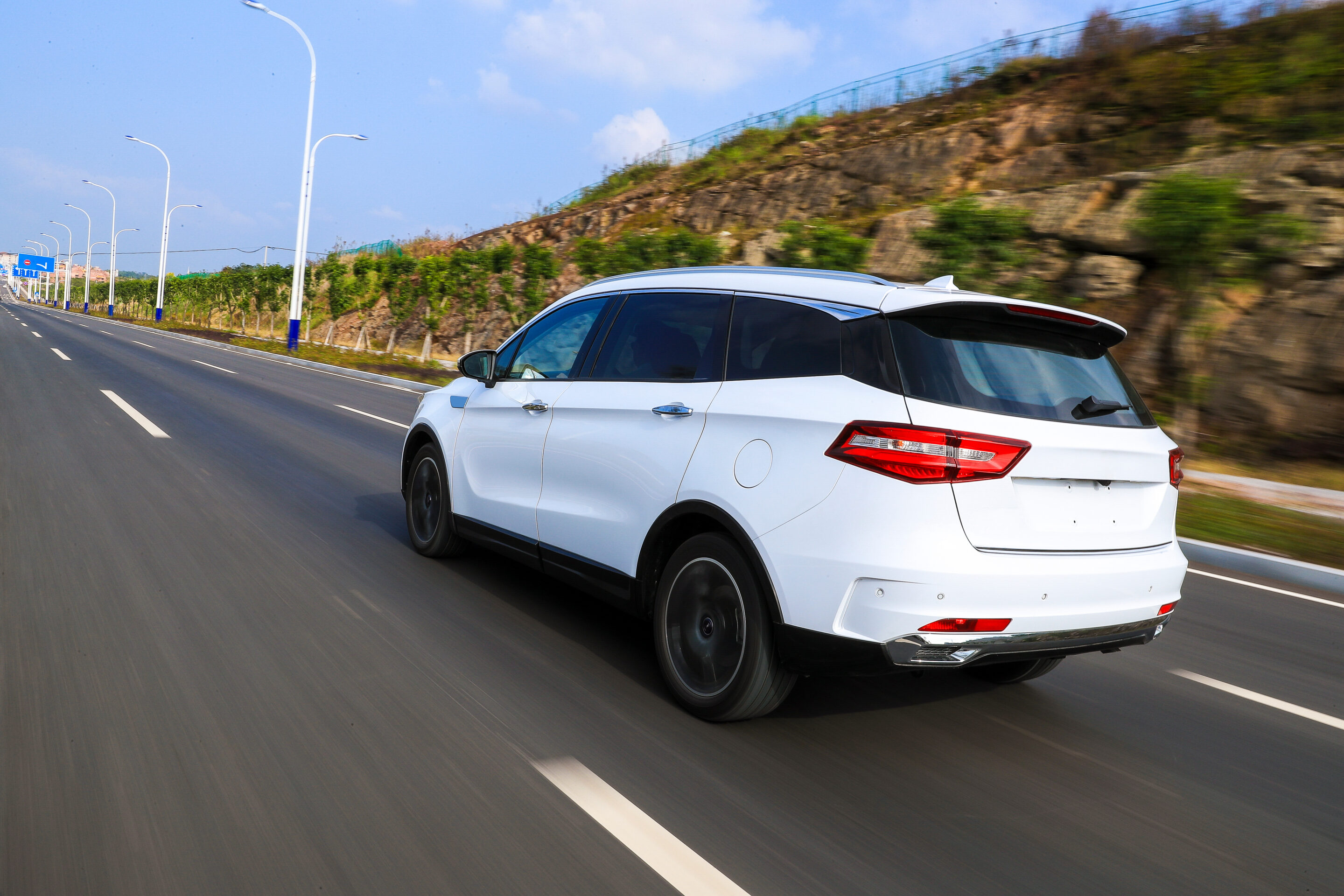The automotive industry is at a turning point. Long-dominant carmakers in Europe and America now face tough competition from Chinese manufacturers, who are leading the way in electric vehicles (EVs). To stay competitive, many are turning to advanced technologies, with artificial intelligence (AI) standing out as a key focus.
AI is transforming the automotive industry at every level, from in-car features like autonomous driving and advanced driver assistance systems (AD/ADAS) to behind-the-scenes improvements in manufacturing and supply chain management. AI is not just about automation; it is about rethinking the entire vehicle experience and driving operational excellence to keep pace with changing market dynamics.
A recent study by Deloitte supports this, showing that 79 percent of businesses see generative AI as a major disruptor in the coming three years. This article delves into the ways AI is reshaping the future of automotive.
Automotive Market Dynamics
The automotive industry is going through major changes, driven by a few key factors. Economic challenges and changing consumer preferences have put pressure on traditional markets, with European sales—once a global leader—now slowing down. At the same time, the rise of EVs is pushing automakers to rethink how they build cars, focusing more on efficiency and sustainability. On top of that, new digital technologies are opening doors for connected and self-driving cars.
These changes have created fierce competition, not only from established brands but also from tech-driven startups and emerging players. AI adoption has become a necessity, enabling manufacturers to achieve cost efficiencies, generate new revenue channels, and ultimately improve the driving experience. The automotive industry has reached a point where those who fail to integrate AI risk falling behind. By adopting AI, Original Equipment Manufacturers (OEMs) can adapt to the evolving market, maintain competitiveness, and enhance operational agility.
AI Applications in the Automotive Industry
In response to intensified competition, the automotive industry is exploring new revenue models, many of which involve software-driven subscription services. U.S. automakers are increasingly investing in such services, leveraging AI—especially generative AI—to add value and improve customer engagement. With the growth of connected and autonomous vehicles, there has been a significant push towards using AI to redefine both in-car and out-of-car experiences. This technology is revolutionizing everything from customer service to driving intelligence.
Here are some of the high-impact applications of AI in the industry:
AD/ADAS
AI is central to advanced driver assistance systems (AD/ADAS), improving vehicle perception and response through deep learning and computer vision. These algorithms process inputs from cameras, LiDAR, and radar, identifying objects and hazards like pedestrians, vehicles, road signs, and lane markings.
The technology helps vehicles detect lanes, assess distances, and monitor blind spots with increasing accuracy. Neural networks enable vehicles to understand complex traffic scenarios, anticipate the actions of other drivers, and plan routes. By analyzing real-time data and making rapid decisions, AI is reshaping vehicle safety, allowing for proactive responses rather than reactive measures—a game-changer for the industry.
Connected Vehicles
AI-powered connected vehicle systems are changing the way we travel by enabling real-time data sharing between vehicles (V2V), infrastructure (V2I), and networks (V2N). This creates a smarter, safer driving experience, as vehicles can share information about road conditions, hazards, and alerts. AI in connected systems helps build a more responsive transportation network. If a vehicle detects something like a hazardous condition, it can instantly send that information to nearby cars and infrastructure, helping drivers make safer, smarter decisions.
Generative AI for R&D
Generative AI is making waves in research and development within the automotive sector. According to a McKinsey survey, 75 percent of automotive companies are actively testing generative AI tools in areas such as software testing, product design, and optimisation. Generative AI allows manufacturers to rethink design processes, accelerate development cycles, and produce safer, more sustainable vehicles.
One exciting use of generative AI is in materials science. AI can predict how materials will perform, suggest new combinations, and fine-tune selections for specific purposes—like improving battery components or structural parts. This helps create vehicles that are safer, more efficient, and higher performing.
Takeaways
The automotive industry is undergoing a transformation, reshaping what vehicles can do and how they meet user needs. AI stands at the centr of this shift, offering solutions for challenges in autonomous driving, manufacturing, and customer experience. However, it also brings complexities that require careful handling.
The success of AI integration will decide which manufacturers thrive in this new era. For automakers, AI is not just a tool – it is the key to staying relevant. Those who integrate AI across their operations, from production to driver interactions, won’t just stay competitive—they will lead the way in creating a smarter, more efficient transportation future.








